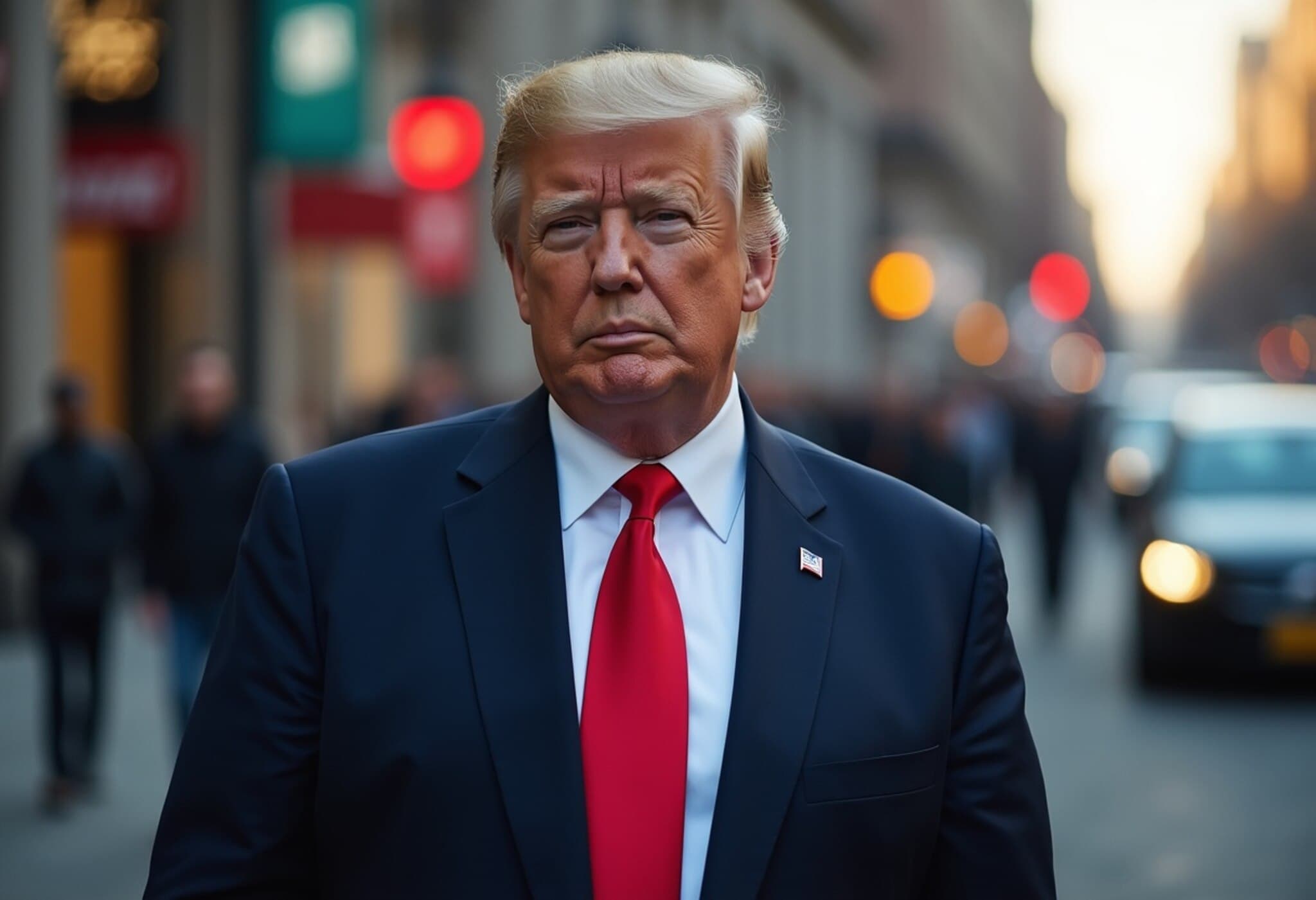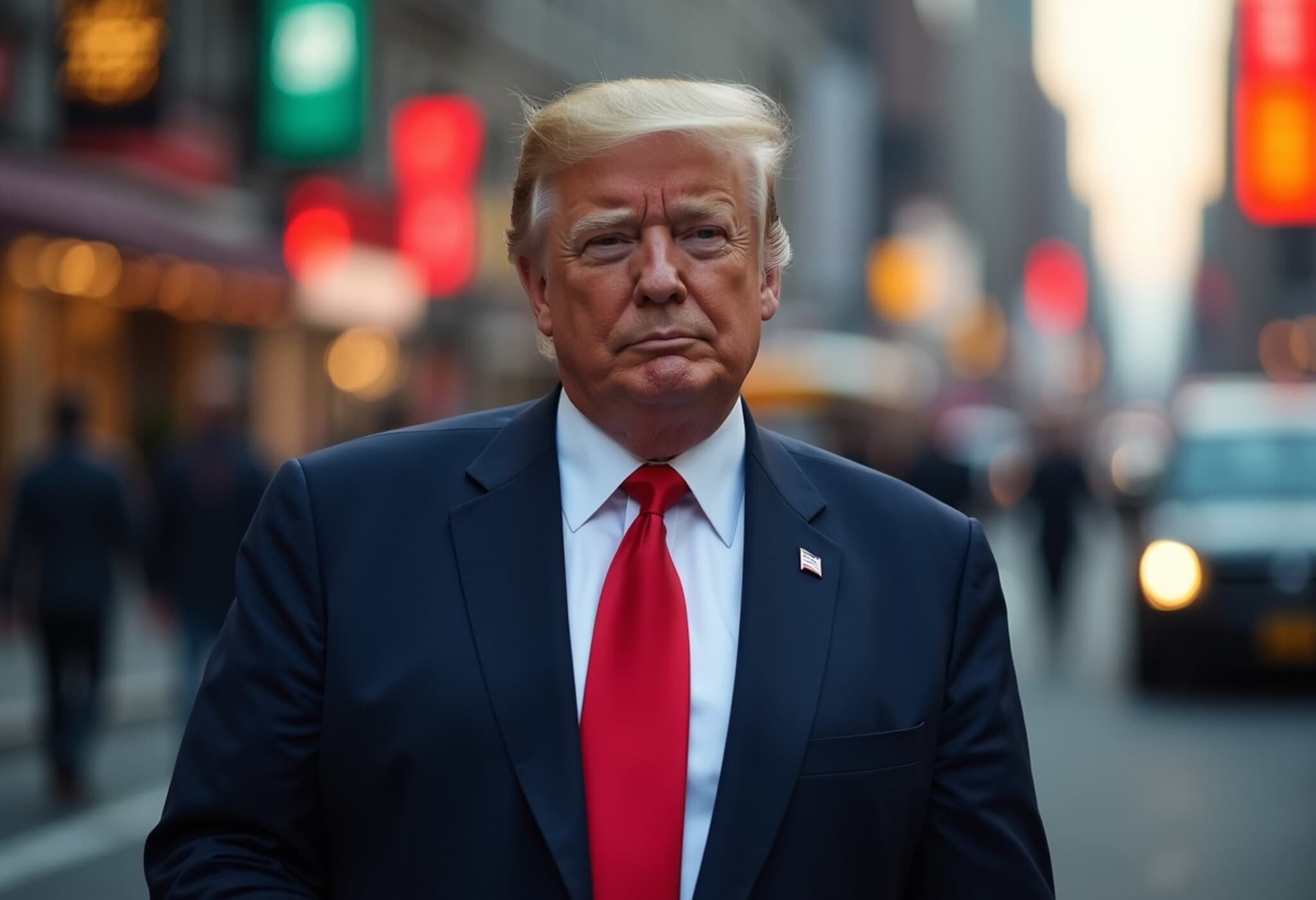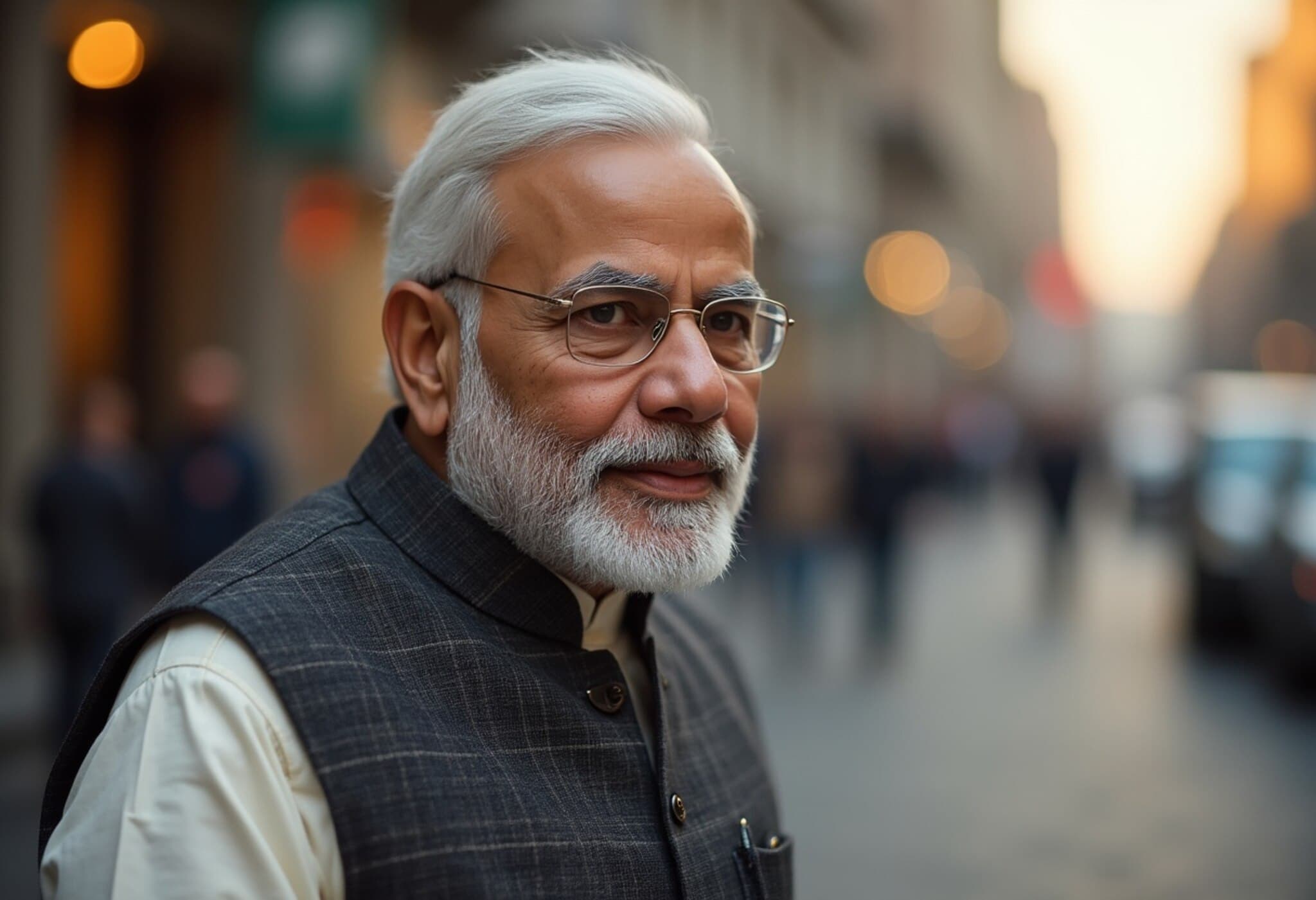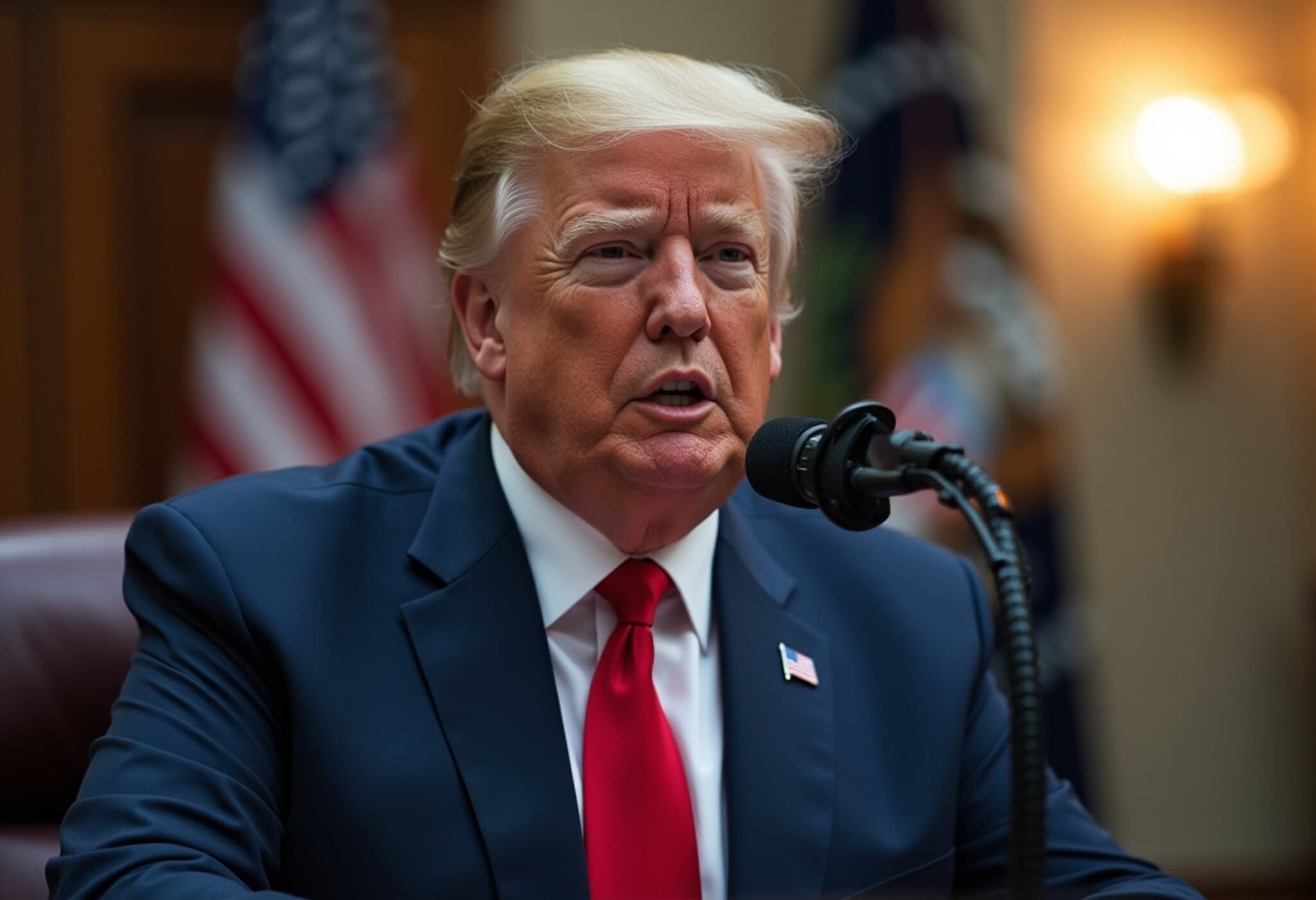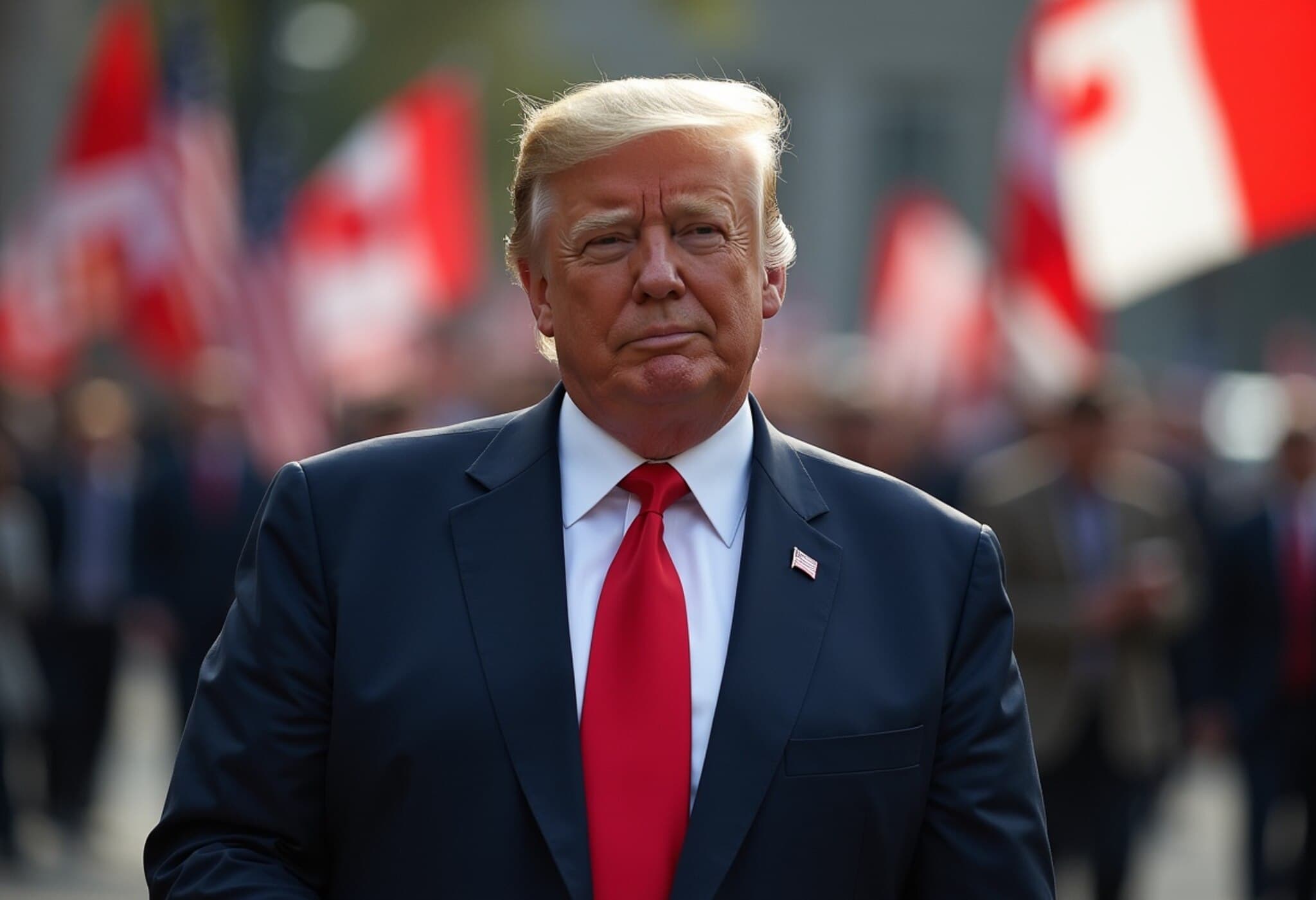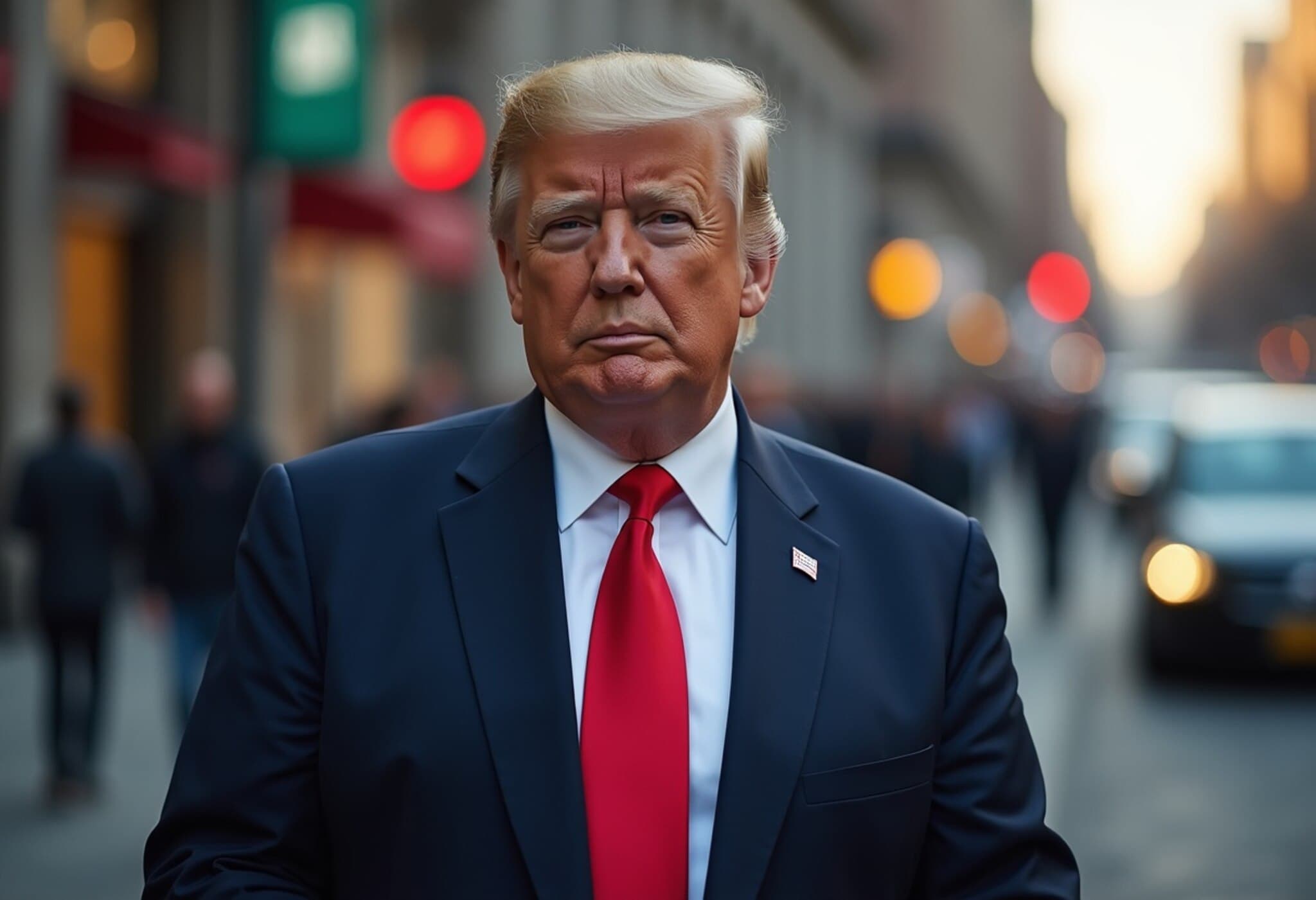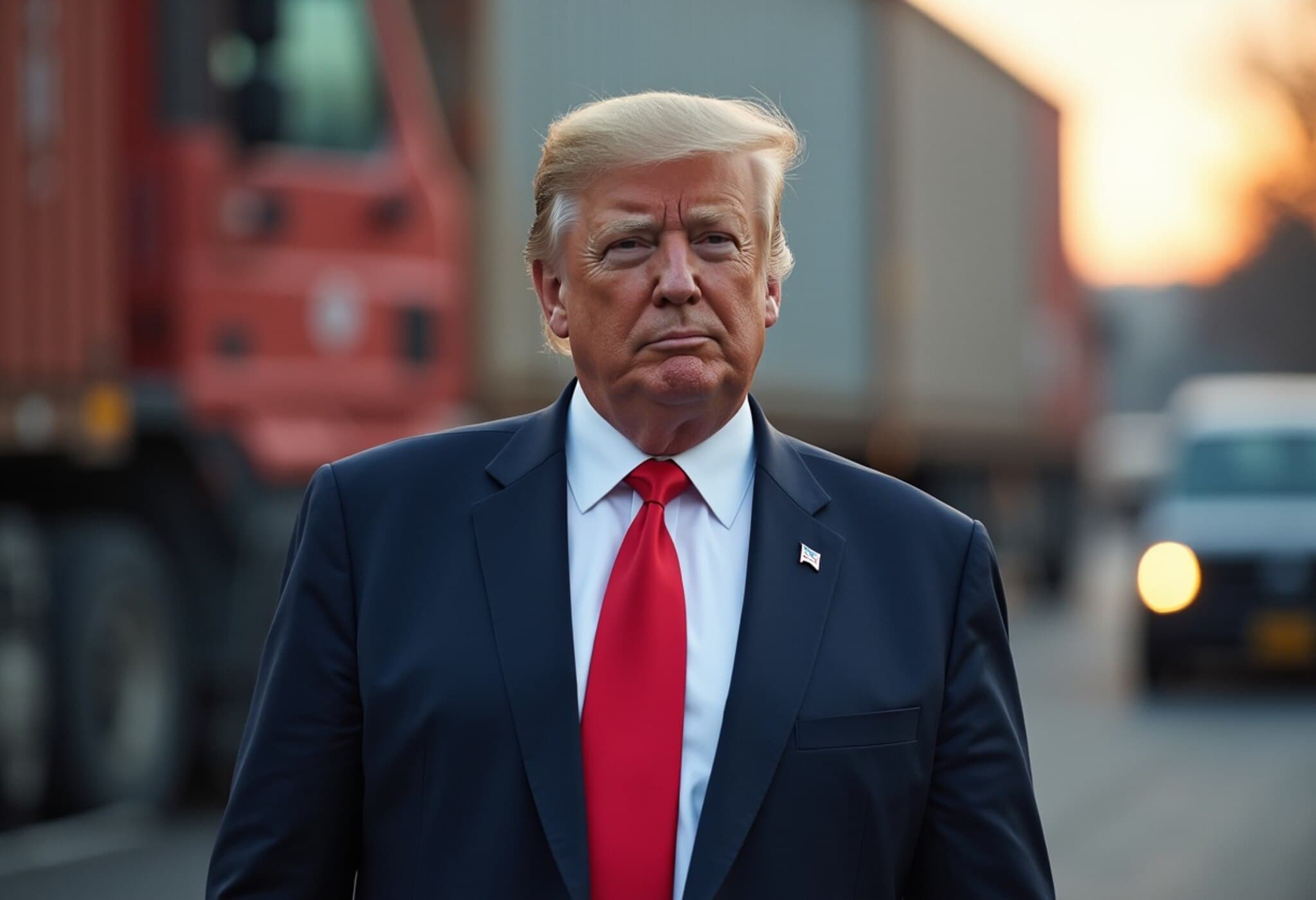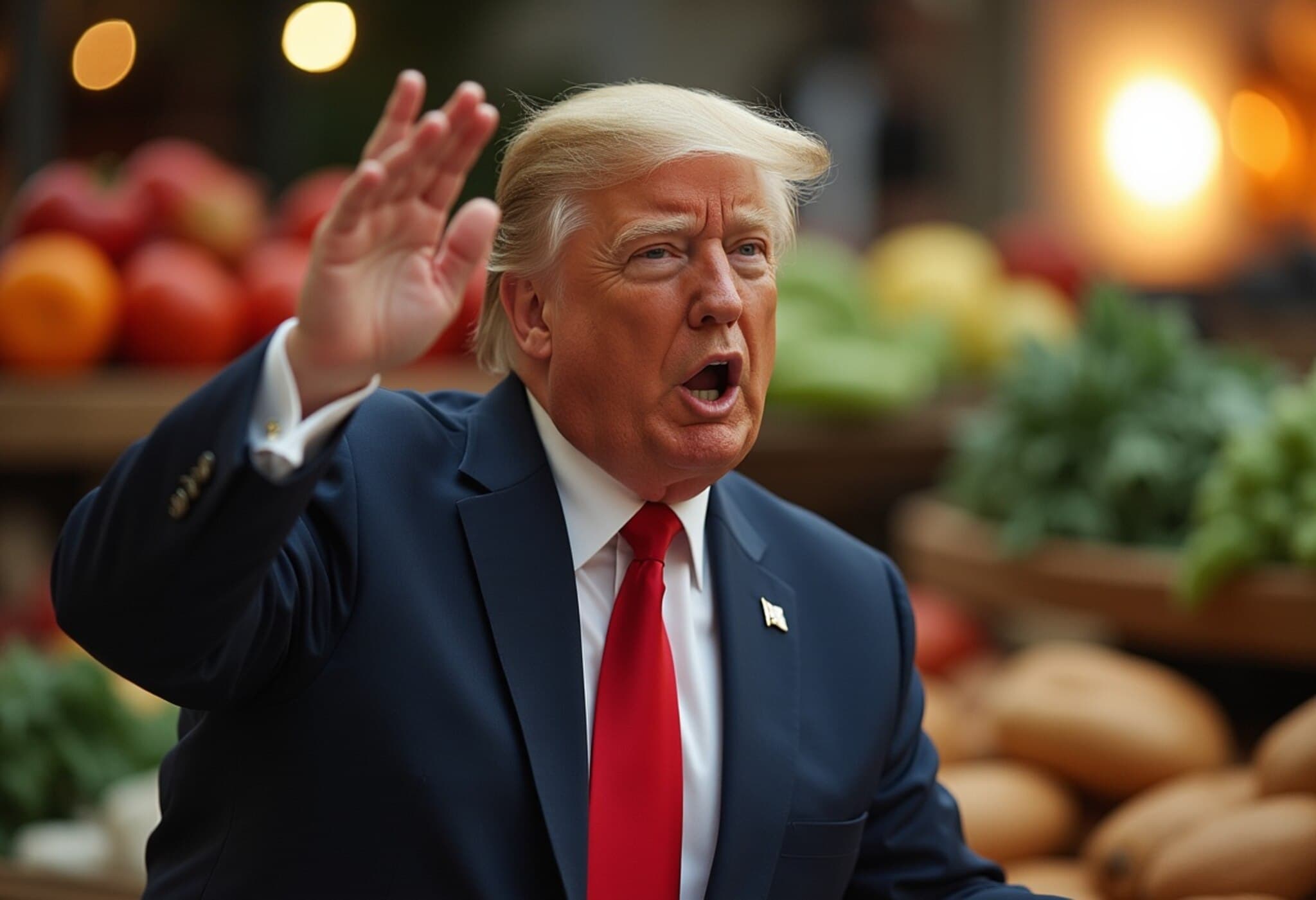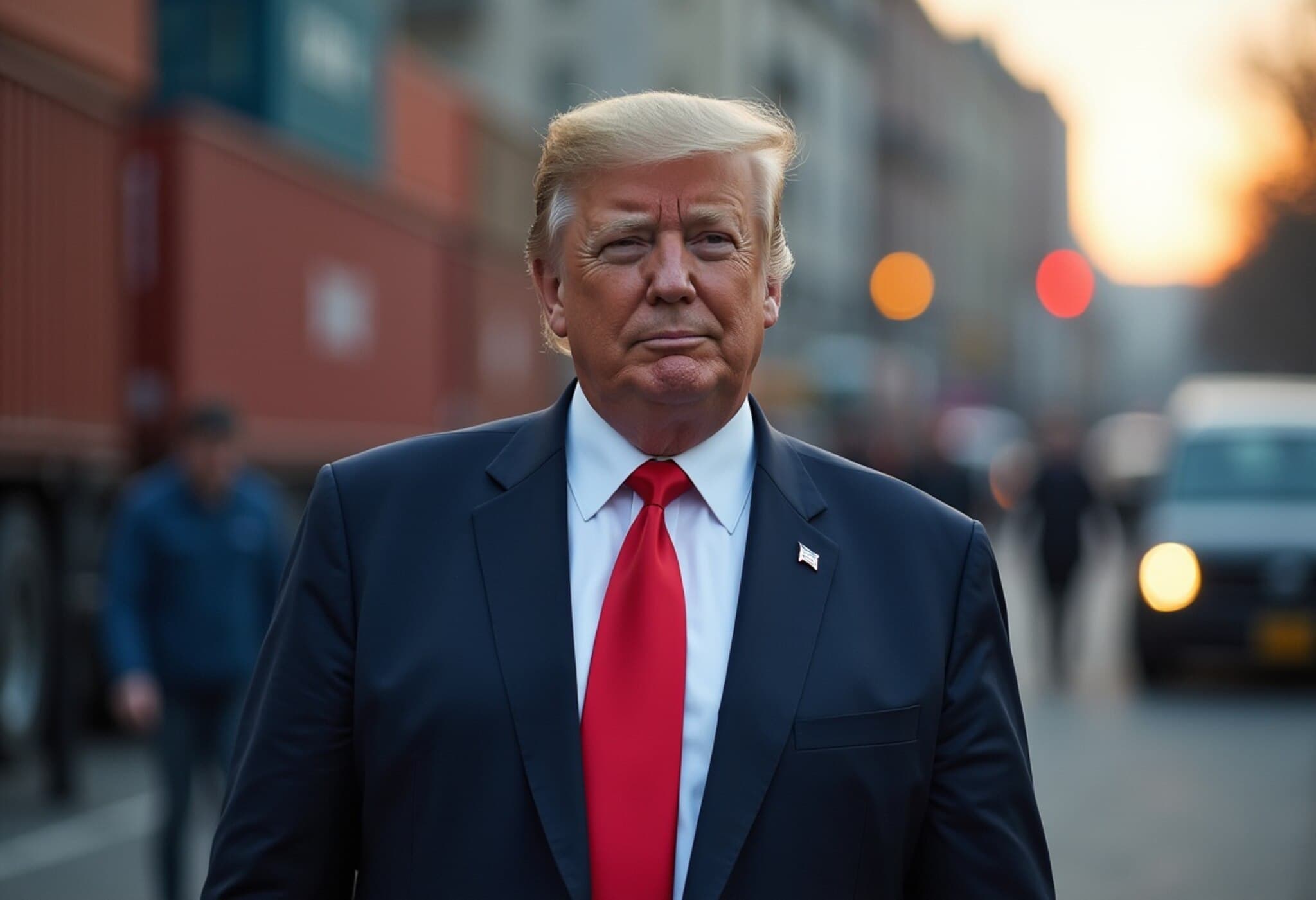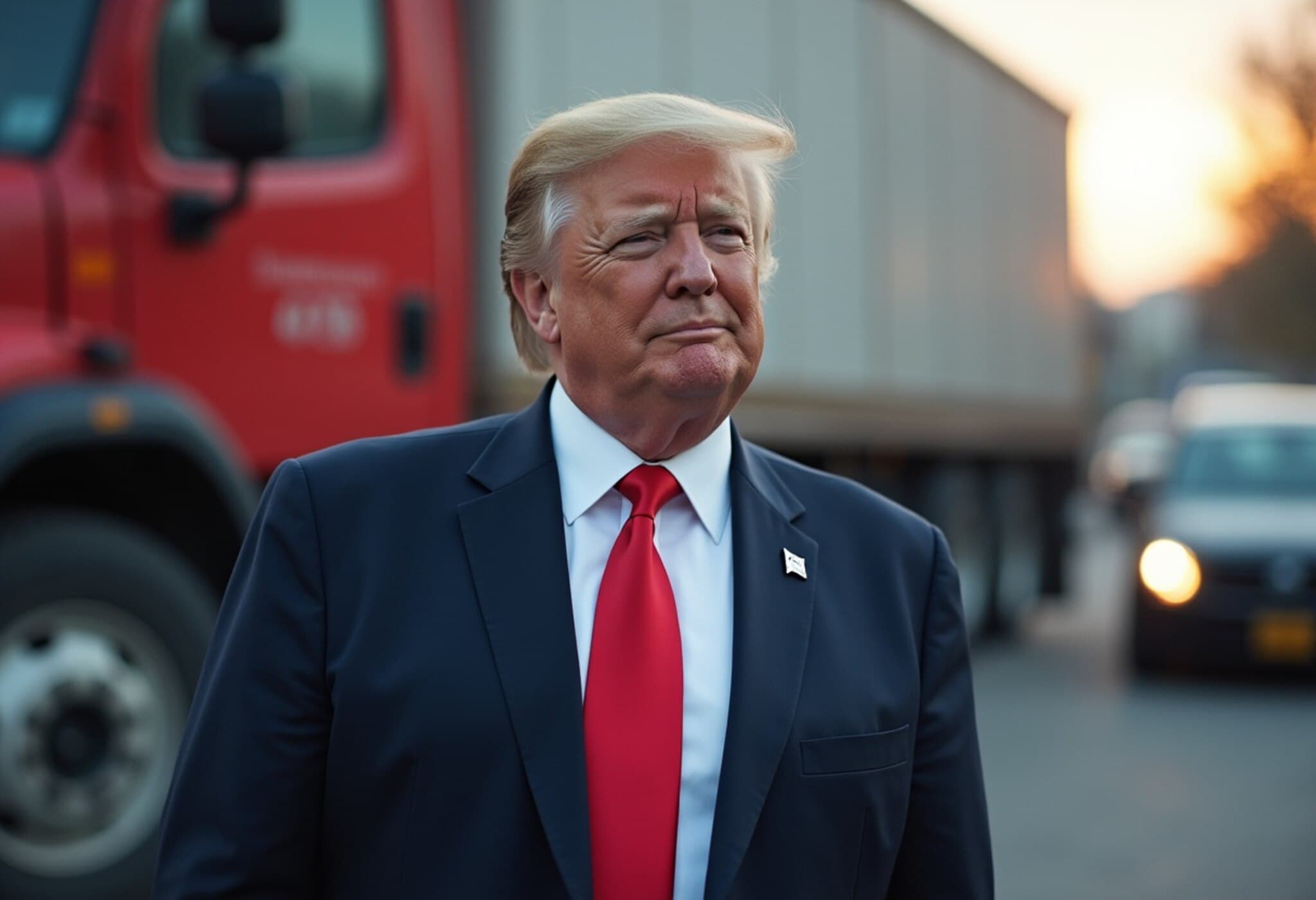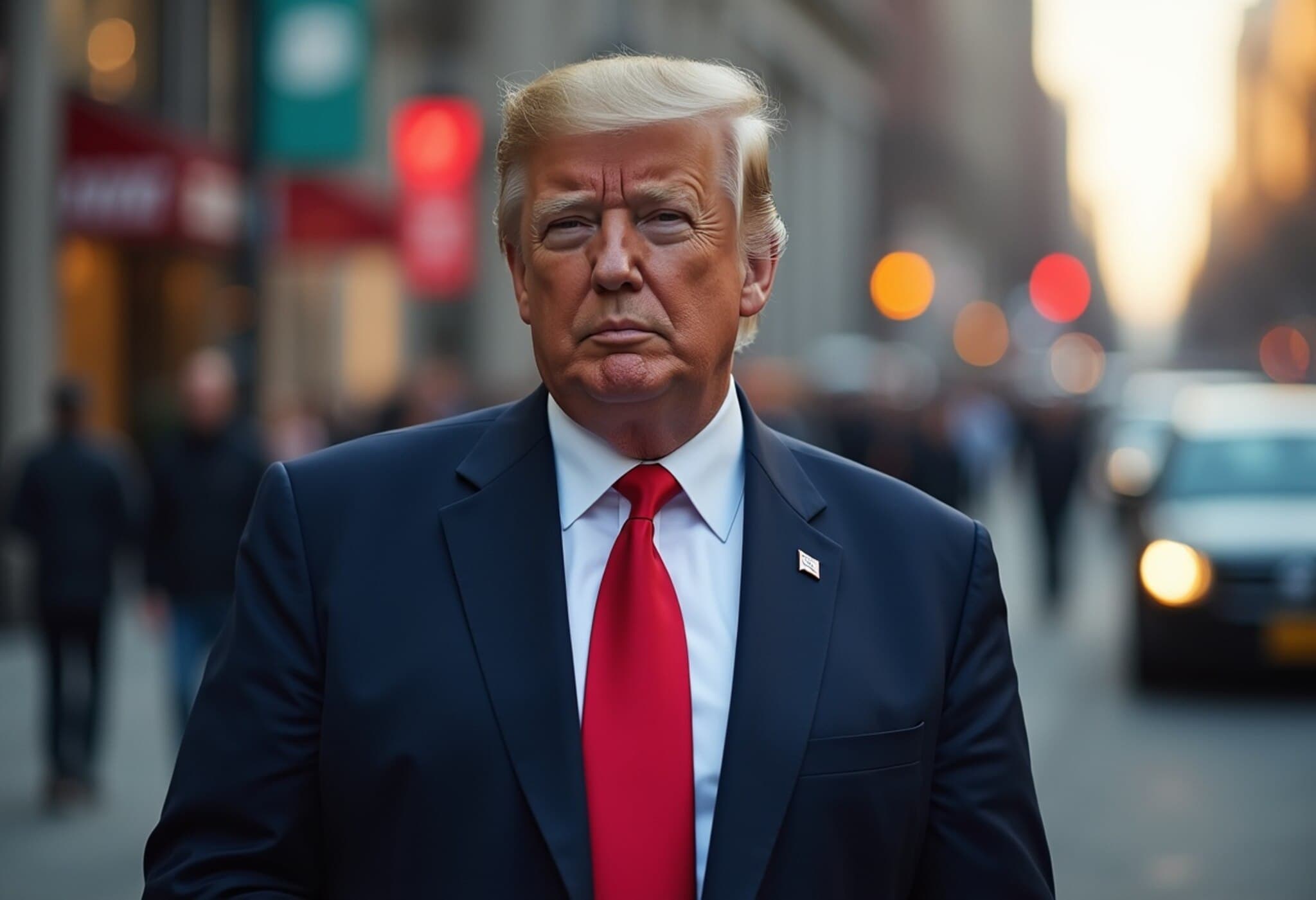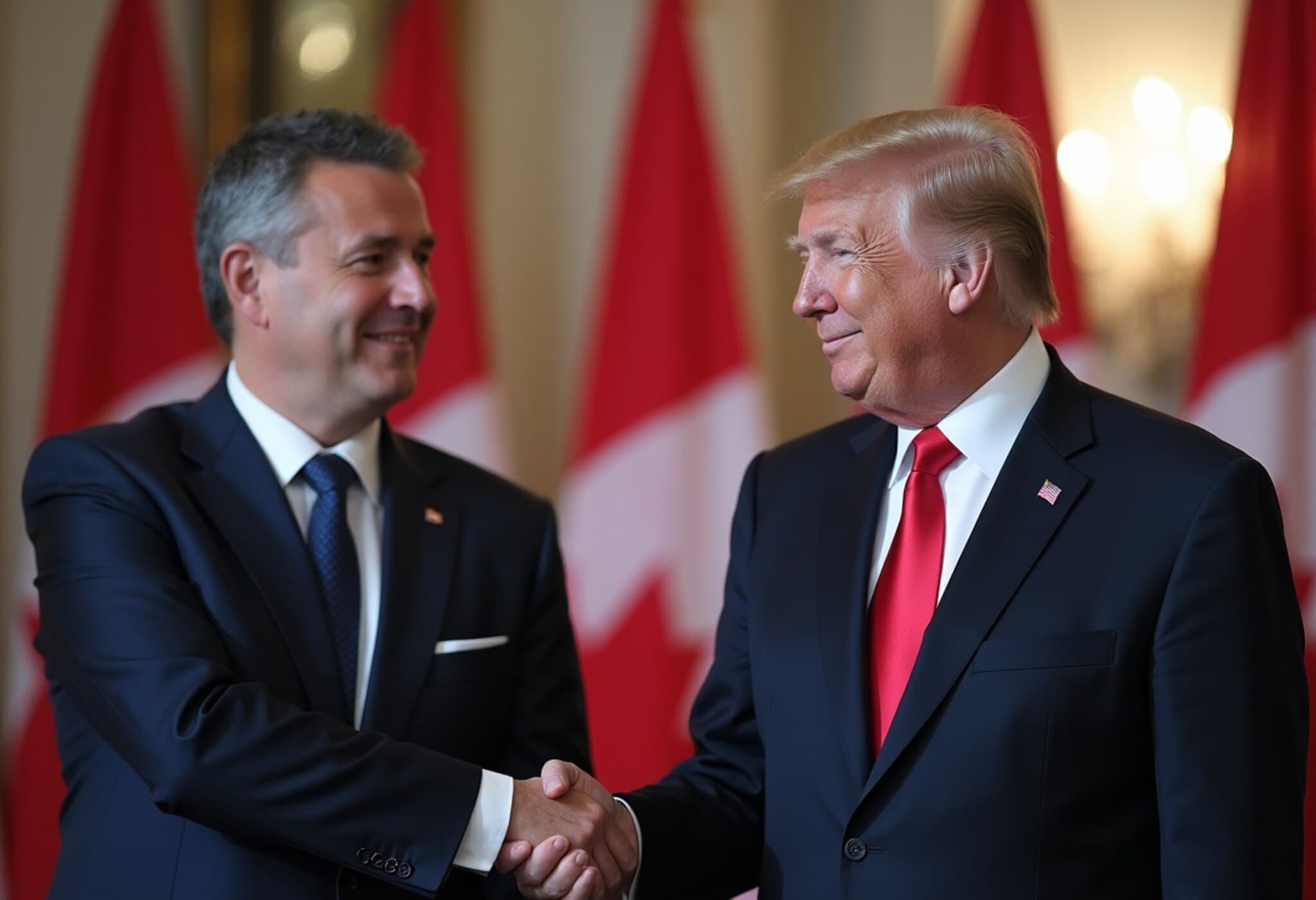Trade Tensions Escalate as Trump’s Tariffs Resurface
On August 7, 2025, the world braces for the next chapter in international trade disputes as President Donald Trump’s long-anticipated tariffs officially come into effect. This sweeping 10 percent levy on imports from over 60 countries marks a turbulent return of protectionist policies that many economists feared would disrupt global commerce and dampen economic growth.
Australia Navigates a Complex Diplomatic Crossfire
Amid the growing web of tariffs, Australia finds itself temporarily spared the harshest increases, maintaining a 10 percent rate comparable to the United Kingdom. Yet, this so-called reprieve contrasts starkly with the heavier blows delivered to fellow allies. Notably, Canada faces a 35 percent tariff hike on certain imports, while New Zealand's rate climbs unexpectedly to 15 percent.
This uneven enforcement raises pressing questions about the foundation of longstanding alliances. The U.S.–Australia relationship, cemented through decades of cooperation from World War II through AUKUS security arrangements, now encounters unprecedented strain. Critics argue that the lack of prior consultation and communication—from skipped ambassadorial appointments to missed bilateral meetings—signifies a diplomatic breakdown.
Economic Implications Beyond Borders
Trump’s tariffs do more than rattle diplomatic protocols; they threaten to ripple through global supply chains and hamper economic momentum. For Australia, an export-dependent economy, these measures could introduce instability and uncertainty. The tariffs may ultimately slow demand for Australian goods, compounding worries over global growth prospects.
International trade specialists warn that such unilateral measures jeopardize the multilateral trading system that underpins decades of prosperity. While the U.S. aims to prioritize domestic interests, this come-at-a-cost strategy risks alienating partners and sparking retaliatory actions.
The Political Fallout: A Tale of Fractured Alliances
Inside Australia, opposition voices harshly criticized Prime Minister Anthony Albanese for failing to secure direct dialogue with the White House during critical moments. Despite Albania’s efforts, trust appears frayed as tangible meetings with Trump remain elusive, underscoring a broader pattern of neglect towards close allies.
The continuing absence of constructive diplomatic engagement feeds public and political unease. Given the significant Australian investments in defense cooperation through AUKUS, the current standoff risks diminishing not only economic ties but also strategic partnerships critical to Indo-Pacific stability.
The Human and Economic Stakes
- For businesses: Increased costs and market uncertainty could disrupt operations and investment plans.
- For workers: Potential slowdowns in export sectors might threaten job security in export-reliant industries.
- For global consumers: Prices may rise due to tariffs, affecting purchasing power and economic confidence.
Expert Viewpoint: Navigating an Unpredictable Trade Environment
Trade economist Dr. Emily Chen from the University of Sydney comments, "This tariff regime underscores the fragility of the post-World War II trade architecture. Reliance on personal diplomacy and unilateral policy shifts makes international economic relations unpredictable, disadvantaging medium-sized economies like Australia that depend on open markets.”
Policy analysts suggest that Australia must diversify its trade partnerships and strengthen multilateral coalitions to mitigate the risks of such tariff shocks in the future.
Looking Ahead: The Path Toward Resolution
While the current situation appears fraught, there remains scope for negotiation and adjustment. Open channels between trade officials, renewed diplomatic outreach, and engagement through international institutions like the WTO could pave the way for tariff rollbacks.
However, resolving these tensions will require political will and mutual respect—qualities in short supply amid the current climate. Failure to address these challenges risks protracted economic damage and eroded geopolitical alliances.
Editor’s Note
The resurgence of Trump-era tariffs marks a significant inflection point with complex ramifications for Australia and global trade. Beyond the immediate economic costs, the episode highlights growing frictions in allied relationships and questions about the future of multilateralism. As this trade war looms, readers should consider how nations can balance national interests with global cooperation and what strategies will best safeguard economic resilience in an increasingly unpredictable world.


